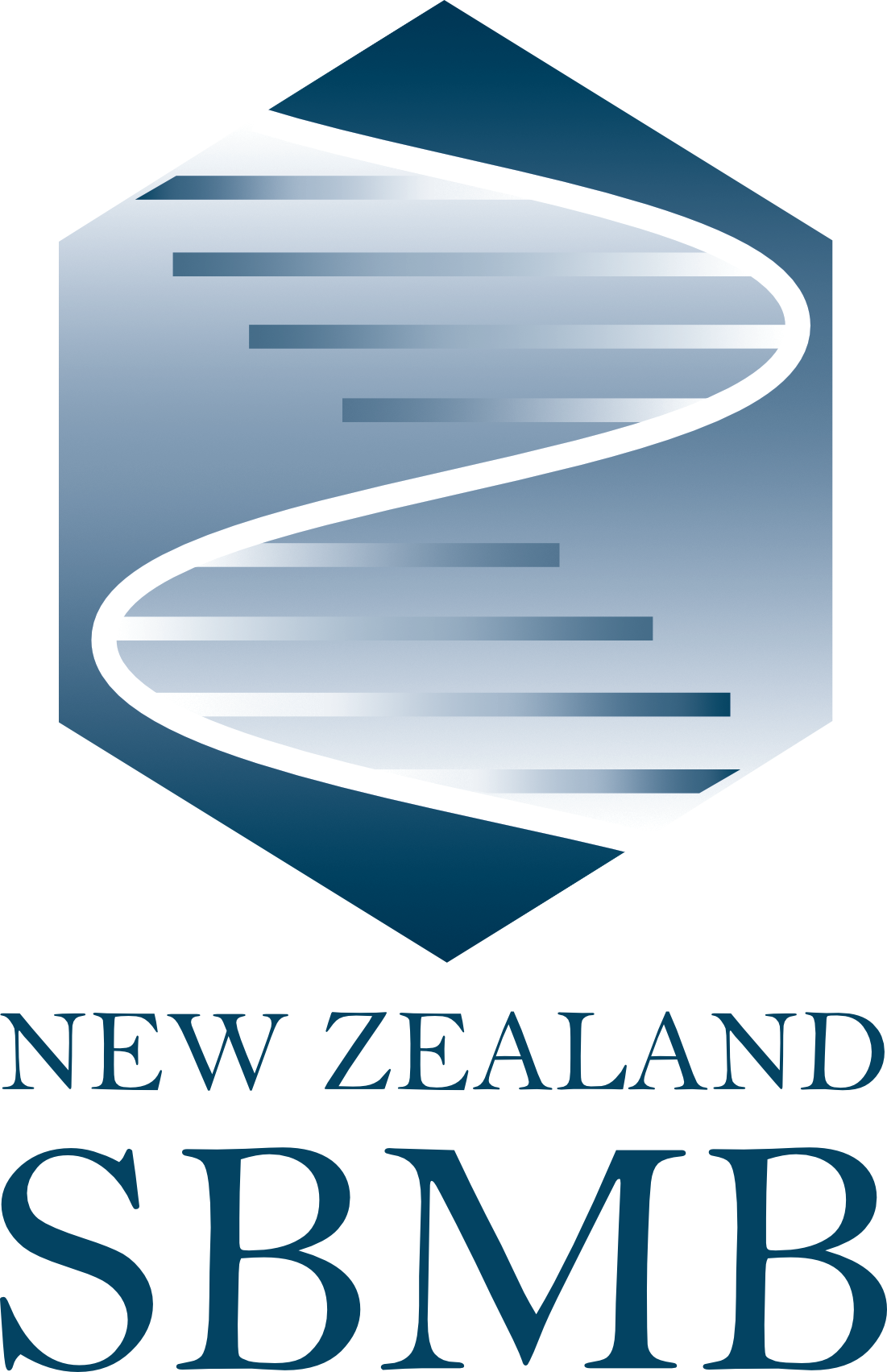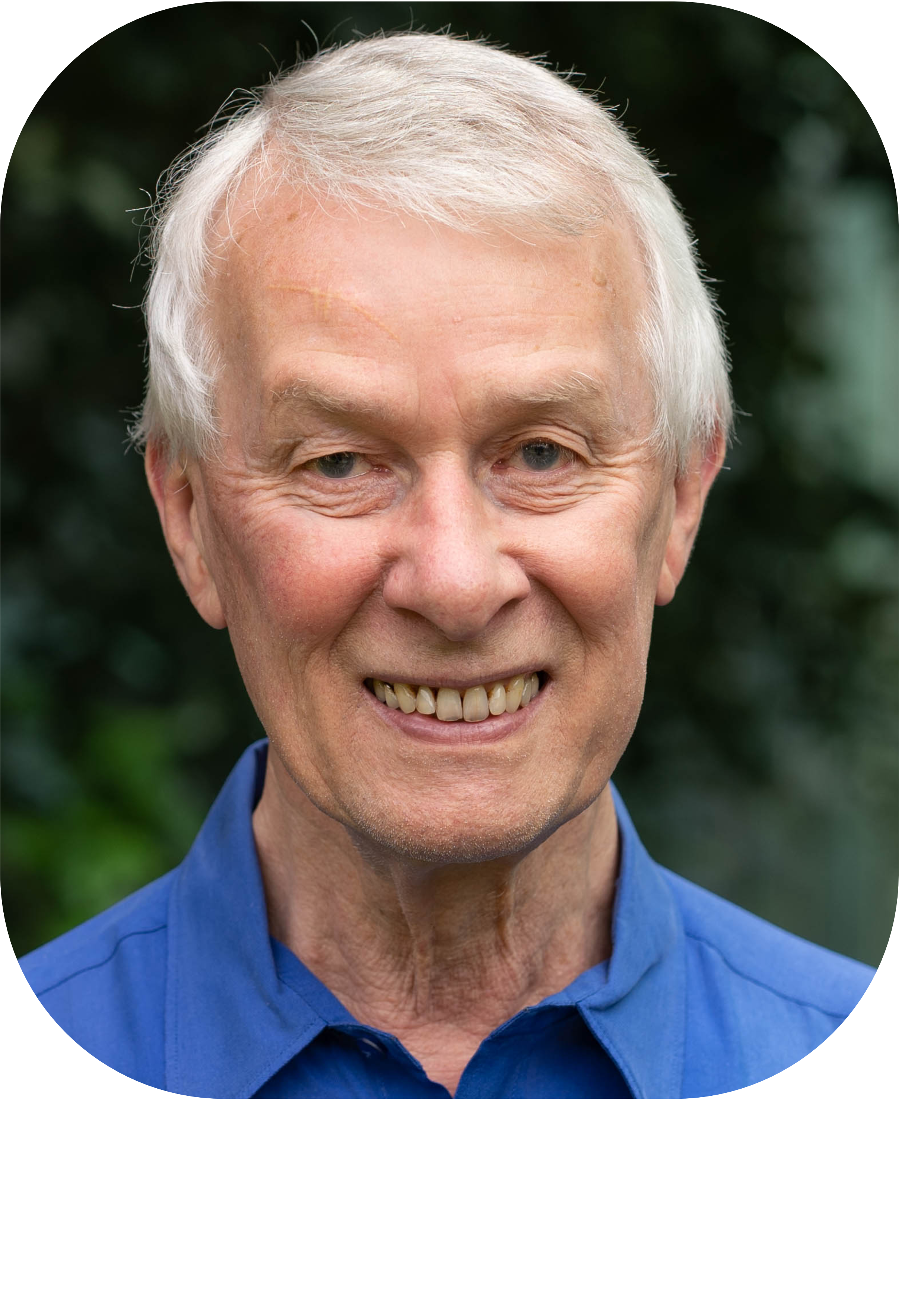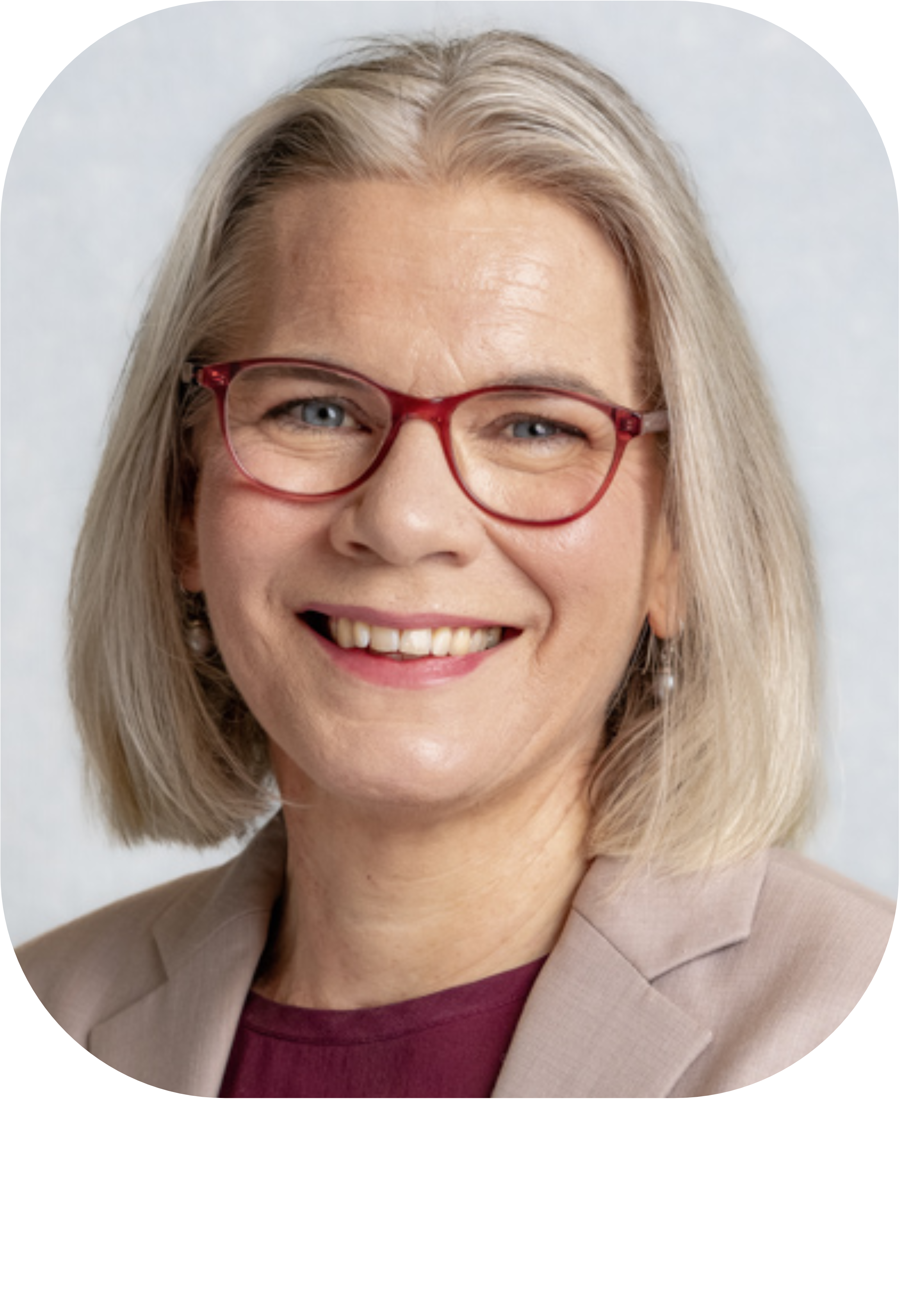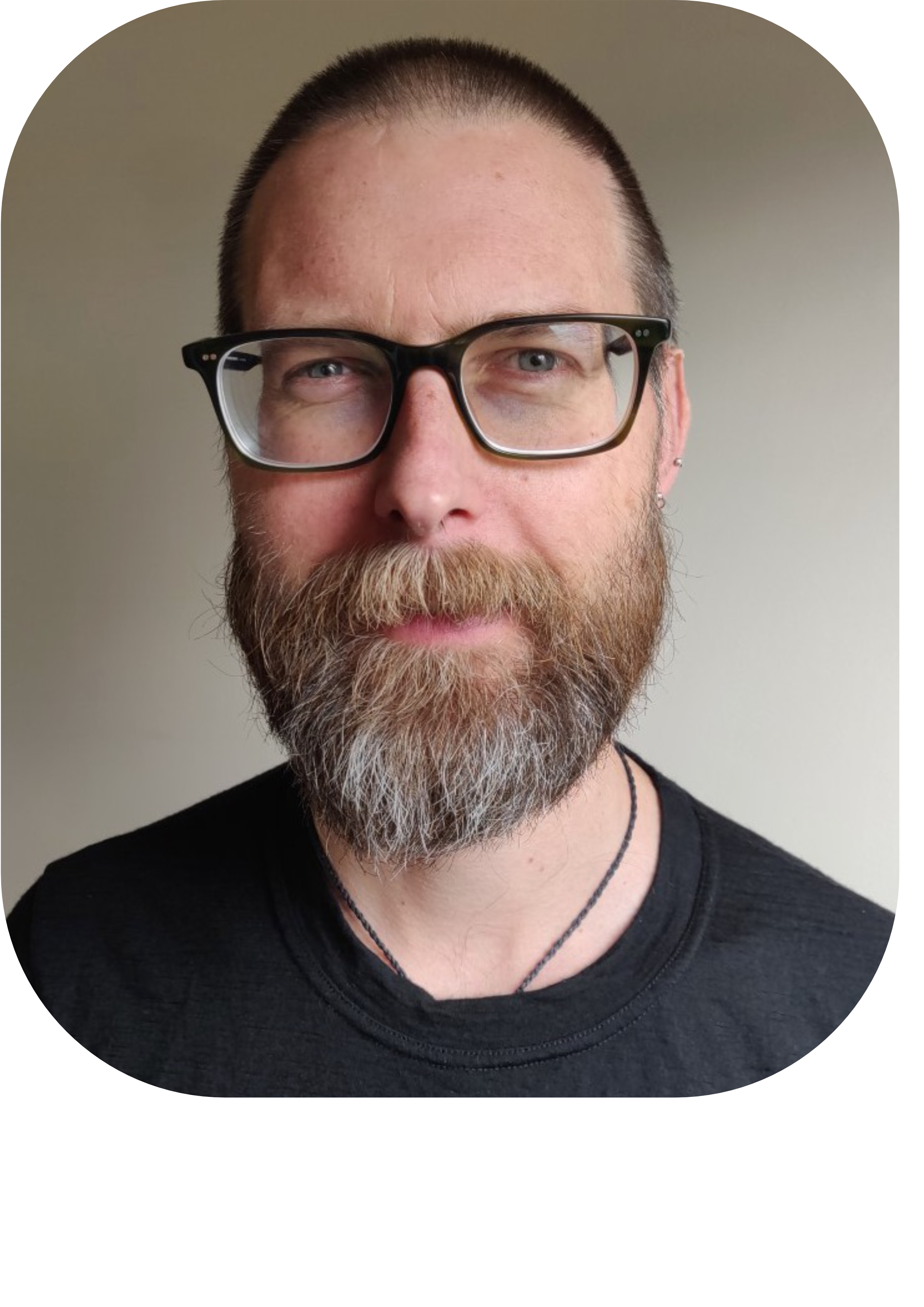Plenary Speakers
Sir Richard Roberts
Nobel Laureate, Physiology or medicine (1993)
CSO, New England Biolabs
Dr. Richard J. Roberts is the Chief Scientific Officer at New England Biolabs, Ipswich, Massachusetts. He received a Ph.D. in Organic Chemistry in 1968 from Sheffield University and then moved as a postdoctoral fellow to Harvard. From 1972 to 1992, he worked at Cold Spring Harbor Laboratory, eventually becoming Assistant Director for Research under Dr. J.D. Watson. He began work on the newly discovered Type II restriction enzymes in 1972 and these enzymes have been a major research theme. Studies of transcription in Adenovirus-2 led to the discovery of split genes and mRNA splicing in 1977, for which he received the Nobel Prize in Medicine in 1993. During the sequencing of the Adenovirus-2 genome, computational tools became essential and his laboratory pioneered the application of computers in this area. DNA methyltransferases, as components of restriction-modification systems are also of active interest and the first crystal structures for the HhaI methyltransferase led to the discovery of base flipping. Bioinformatic studies of microbial genomes to find new restriction systems are a major research focus as is the elucidation of DNA methyltransferase recognition sequences using SMRT sequencing. He frequently runs campaigns among Nobel Laureates to support humanitarian causes including strong support for GMOs to solve world hunger.
Prof. Archa Fox
The University of Western Australia
School of Human Sciences
Archa Fox is a Professor at The University of Western Australia in the School of Human Sciences. She is the Director of the Australian Centre for RNA Therapeutics in Cancer (ACRTC) and the RNA Innovation Foundry at UWA. Archa received her PhD from the University of New South Wales in 2000 and then carried out Post-doctoral work in Dundee, UK. In 2006 she returned to Australia to start her own group at the Western Australian Institute for Medical Research in Perth, now known as the Harry Perkins Institute for Medical Research. In 2015 she took up an academic position at the University of Western Australia.
Her long-standing research focuses on cancer molecular cell biology, investigating the roles and applications of long noncoding RNA, RNA binding proteins and RNA therapeutics. The model system she employs is the paraspeckle, a nuclear body/condensate she identified within mammalian cells, that is scaffolded by the long noncoding RNA, NEAT1. In 2024 Archa started the ACRTC and RNA Innovation Foundry at The University of WA. These entities focus on translational research to produce, and apply mRNA technology for the treatment of aggressive hard-to-treat cancers.
She was Chair of the RNA Network of Australia (2015-2023), and a Director of the International RNA Society (2020-2021) and a founding member of the RNA-Asia network (2023-). Archa is a member of the National Science and Technology Council of Australia (2025-2027), Member of Expert Advisory Group, RNA Sector Development Plan, Department of Industry, Science and Resources (2023), 2) Steering Committee Member, Moderna ‘Advances in mRNA Sciences’ meeting (2022-), 3) Scientific Advisory Board member for: New Zealand RNA Platform (2024-), UNSW RNA Institute (2022-), NSW RNA Production and Research Network (2022-), Victorian mRNA Innovation hub (2023-) and Shine Dalgarno Centre for RNA Innovation (2023-), 4) Treasurer (2012-2022) and Vice President of Lorne Genome Inc. (2023-),
Prof. Sam Hay
University of Manchester
Department of Chemistry
Sam received an honours degree in biochemistry from the University of Otago, New Zealand (2000), and his PhD in biophysics from the Australian National University (2005). He spent a year at Stockholm University as a Wenner-Gren visiting postdoctoral fellow (2004-2005) before moving to the University of Manchester to work with Nigel Scrutton as a postdoctoral research associate in the newly-formed Manchester Interdisciplinary Biocentre (MIB). Sam was a recipient of the RSC Rita and John Cornforth Award in 2009 and in 2010 he received a BBSRC David Phillips fellowship. He is now Professor of Biophysical Chemistry in the Department of Chemistry and MIB.
His research is focused on how biological processes – reactions and interactions – are governed by their underlying physics/physical chemistry. The main focus of this work is the role of protein dynamics and quantum mechanics during enzyme catalysis and the use of proteins and enzymes as structural and/or functional biomaterials and sensors. This work employs both experimental and theoretical approaches, with an emphasis on instrument and method development and the development of new theory and models to underpin experiment. Much of the work involves computational chemistry, often combing molecular dynamics (MD) simulations with enzyme active site density functional theory (DFT) ‘cluster’ models.



